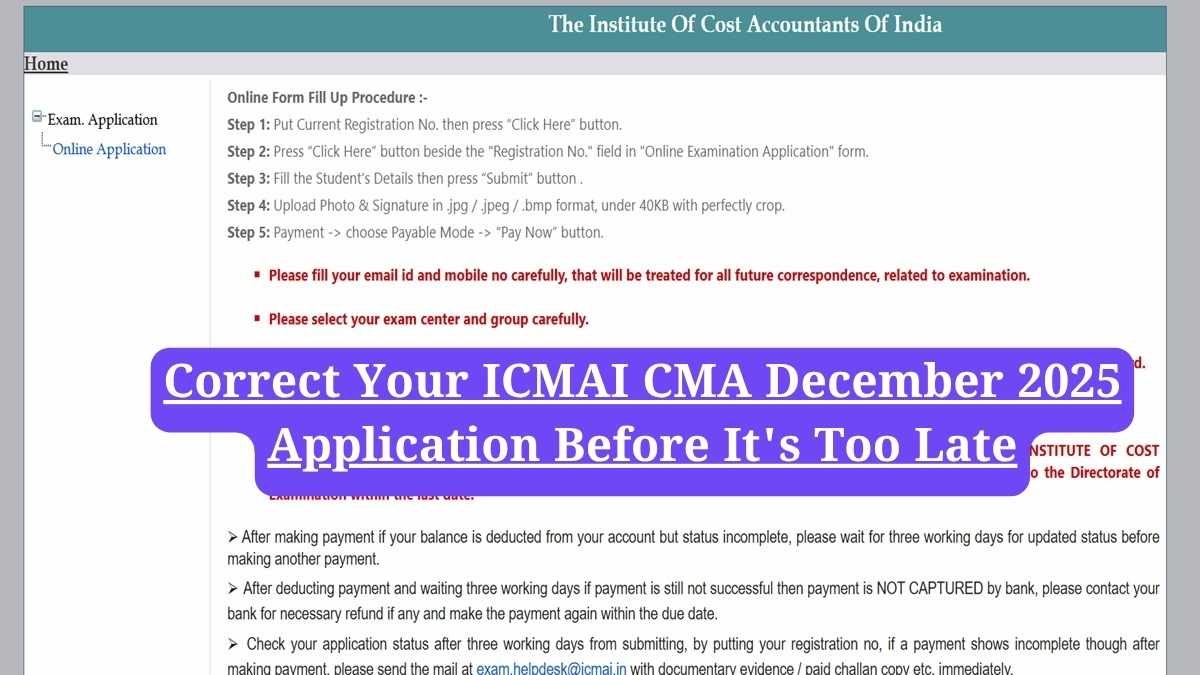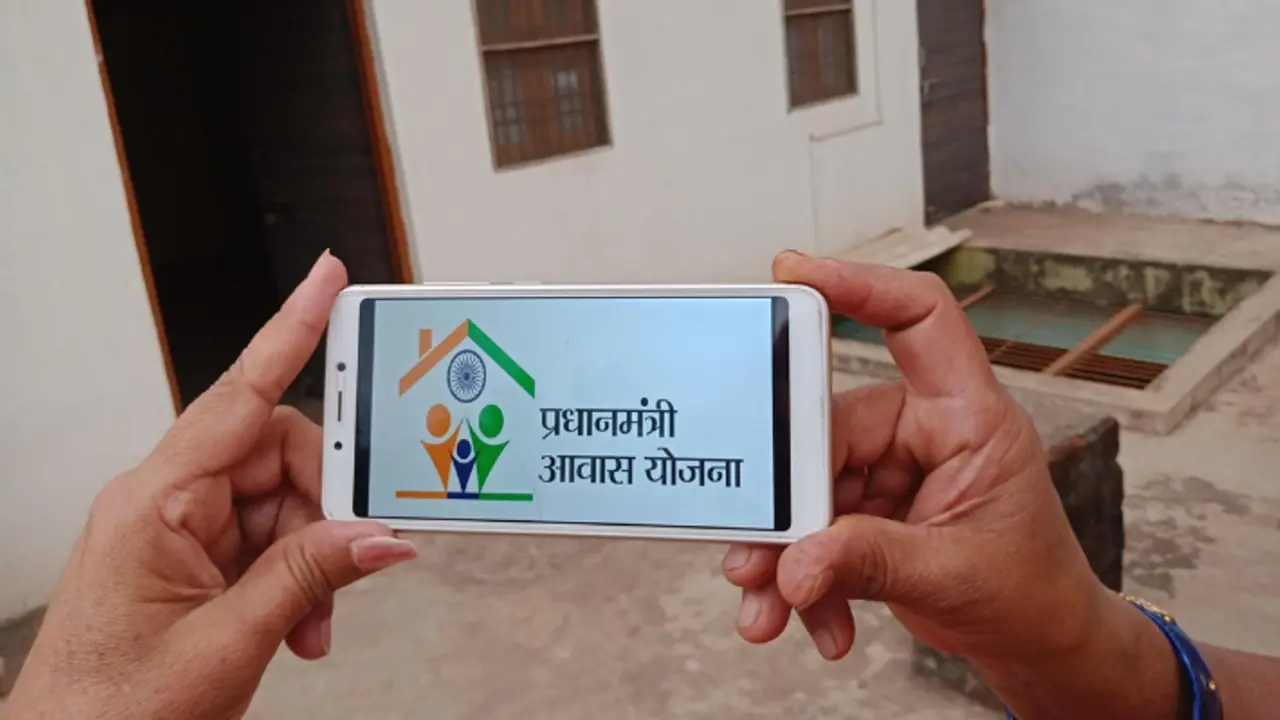Join WhatsApp
Join NowCharlie Javice: In a stunning development that has sent ripples through the fintech startup world and Wall Street, Charlie Javice, the high-profile founder of the now-defunct financial aid platform Frank, has been sentenced to 85 months – just over seven years – in prison. This severe penalty comes after a New York jury convicted her earlier this year for orchestrating an elaborate scheme to defraud JPMorgan Chase in a colossal $175 million acquisition deal. The case highlights critical lessons in startup valuation, due diligence, and the severe consequences of corporate fraud.
Javice, once hailed as a visionary woman entrepreneur and featured in Forbes’ “30 Under 30,” founded Frank with the ambitious goal of simplifying financial aid applications for students. JPMorgan Chase, a global leader in banking services, acquired Frank in 2021 with strategic hopes of tapping into a younger demographic of banking customers and expanding its reach in the ed-tech and student financial services sectors. However, those hopes quickly turned to dismay as the bank uncovered a massive deception.
The Audacious Scheme: Fake Users and Fabricated Data
According to US prosecutors, Javice deliberately misled JPMorgan by presenting millions of fake user accounts. The scale of the deception was truly audacious. When a company engineer, citing legal and ethical concerns, refused to cooperate in the fabrication, Javice allegedly resorted to hiring an external data scientist to create a synthetic user dataset. This act of deliberate manipulation formed the core of the fraud charges against her.
During the sentencing hearing at the US District Court in Manhattan, Judge Alvin Hellerstein minced no words. He emphasized the gravity of Javice’s actions, stating they were “serious and deserved punishment.” Prosecutors vividly described the scheme as “audacious and multifaceted,” driven purely by greed. While the judge acknowledged that JPMorgan Chase had demonstrated “very poor” due diligence before the acquisition – a point that has also drawn significant scrutiny from financial experts – he unequivocally stressed that the fraud was entirely orchestrated by Javice.
Prosecutors had initially pushed for a 12-year sentence, reflecting the severity of the white-collar crime. Ultimately, the judge settled on a sentence of just over seven years, which still marks a significant period for a first-time offender. Javice is also expected to face further legal consequences in related civil proceedings, extending the financial and reputational fallout of her actions.
Judge Hellerstein, reflecting on the nature of the crime, remarked, “Fraud remains fraud whether you outsmart someone who is very smart or someone who is a fool.” He did note Javice’s lack of prior criminal history and her past involvement in “good works” for charitable organizations and family members, which may have contributed to the slightly reduced sentence compared to the prosecution’s request.
Addressing the court in an ivory pantsuit, Javice, now 33, delivered an emotional apology to JPMorgan, Frank’s investors, and her former employees. She grew visibly emotional as she spoke to her parents, stating, “At 28, I did something which runs against the grain of my upbringing. These errors, this complete collapse in character… not a day goes by that I do not replay my mistakes.”
Who Is Charlie Javice and How She Orchestrated the $175 Million Scam?
Charlie Javice rose to prominence as the founder of Frank, a fintech startup launched in 2017. Her stated mission was to simplify the complex college financial aid process for students and their parents, making higher education more accessible. Her early success in the tech and education space earned her a coveted spot on Forbes’ “30 Under 30” list, positioning her as a bright young star in the industry.
In a 2020 LinkedIn post, she passionately articulated her vision: “College tuition is too damn high. We founded Frank with a rebellious spirit and a big goal: Students should pay less for college.” This public persona, advocating for student welfare, stood in stark contrast to the deceptive actions that ultimately led to her conviction.
Frank rapidly gained attention, largely fueled by Javice’s claims of a massive user base. She asserted the platform had an astounding 4.25 million users. However, the truth began to unravel shortly after JPMorgan Chase acquired the company for a staggering $175 million in 2021. The bank’s internal investigations quickly revealed a shocking discrepancy: the actual number of users was closer to a mere 300,000. Suspicion grew when JPMorgan’s attempts to successfully email most of the alleged customer base failed miserably, prompting a deeper dive that ultimately exposed Javice’s fabrication of user data.
This case serves as a stark warning about the importance of rigorous due diligence in startup acquisitions and the severe consequences for those who attempt to game the system through fraudulent misrepresentation. The financial industry and the tech startup ecosystem will undoubtedly be analyzing this case for years to come.

















